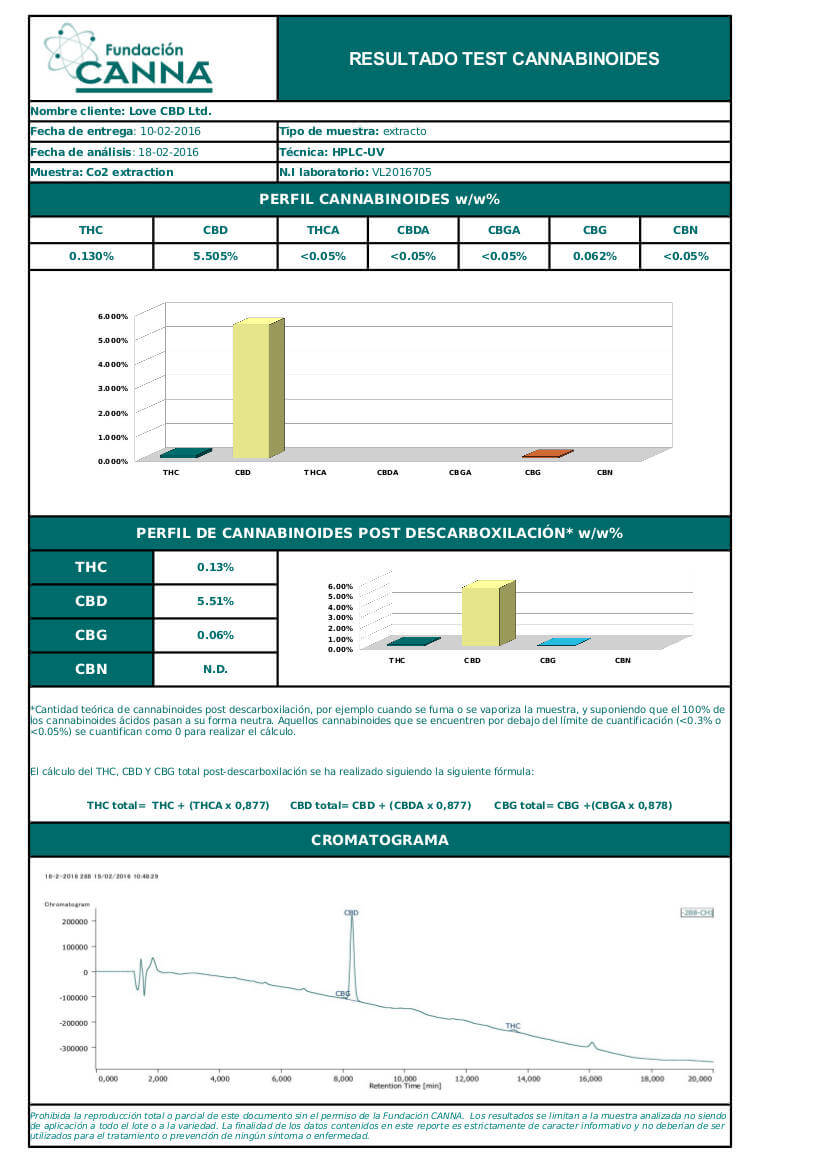Introduction:
CBD (cannabidiol) oil and THC (tetrahydrocannabinol) are two popular compounds observed in the
cannabis plant. Though they share a frequent origin, they have distinct qualities and outcomes on
the human entire body. In Canada, the legalization of cannabis for the two medical and leisure
purposes has led to an greater interest in understanding the differences and similarities
in between CBD oil and THC.
This report aims to discover these elements in detail.
Definition and Composition:
CBD Oil:
CBD oil is derived from the hashish plant and includes higher ranges of cannabidiol. It is usually
extracted from hemp, a variety of hashish with minimal THC content material. CBD oil is acknowledged for its non-
intoxicating properties and is commonly employed for therapeutic uses.
THC:
THC is the principal psychoactive compound identified in hashish. It is responsible for the euphoric
and mind-altering effects connected with cannabis use. Not like CBD, THC is intoxicating and
can generate a "high" when eaten.
Lawful Status:
CBD Oil:
In Canada, CBD oil derived from hemp is legal as long as it is made up of fewer than .three% THC.
These solutions are widely obtainable and can be ordered without the need of a prescription. CBD oil
derived from cannabis, which contains better levels of THC, is issue to stricter regulations
and needs a prescription.
THC:
The lawful position of THC in Canada differs relying on its resource. THC derived from marijuana
is authorized for equally medical and leisure use, with specified limits and laws. Nonetheless,
my company derived from hemp is subject matter to the exact same restrictions as CBD oil and need to incorporate considerably less
than .3% THC.
Psychoactive Effects:

CBD Oil:
CBD oil is non-intoxicating and does not produce a psychoactive result. It interacts with the
overall body's endocannabinoid program to advertise relaxation, minimize anxiety, and offer discomfort reduction.
Many persons use CBD oil for its therapeutic qualities devoid of experiencing any cognitive
impairment.
THC:
THC is a psychoactive compound that binds to cannabinoid receptors in the brain, ensuing in
the euphoric "high" commonly affiliated with cannabis use. The depth of the psychoactive
consequences relies upon on the THC concentration and particular person tolerance. Some people today might
expertise rest and altered notion, whilst other folks could experience stress and anxiety or paranoia.
Healthcare Purposes:
CBD Oil:
CBD oil has gained attractiveness for its prospective therapeutic benefits. It is applied to alleviate agony,
reduce inflammation, control anxiousness and melancholy, take care of epilepsy, and increase rest top quality.
Moreover, it is getting examined for its prospective use in managing different problems such as numerous
sclerosis, Parkinson's disorder, and cancer-linked indications.
THC:
THC has a assortment of healthcare programs as perfectly. It is normally prescribed for ache
administration, hunger stimulation, and nausea reduction in most cancers sufferers undergoing
chemotherapy. It may possibly also be utilized to manage indicators associated with glaucoma, various
sclerosis, and HIV/AIDS.
Aspect Results and Protection:
CBD Oil:
CBD oil is typically perfectly-tolerated, and serious aspect effects are uncommon. Some people today might
expertise delicate facet consequences this sort of as dry mouth, drowsiness, or improvements in urge for food. It is
crucial to be aware that CBD oil can interact with selected medications, so it is advised to
consult with a healthcare expert right before use.
THC:
The use of THC can lead to several facet results, like impaired coordination, memory loss,
greater coronary heart fee, and panic. It could also lead to non permanent cognitive impairments and affect
driving ability. On top of that, frequent and large use of THC can result in hashish use dysfunction or
habit.
Drug Tests:
CBD Oil:
Pure CBD oil products and solutions that include no THC are unlikely to demonstrate up on a drug examination. On the other hand,
some CBD oils may well have trace amounts of THC, which may perhaps be detectable on a drug take a look at. It is
significant to check the solution's THC written content and the type of drug check remaining employed to identify
the probability of a constructive final result.
THC:
THC can continue to be in the overall body for several times to months, depending on the frequency and sum of
use. As a result, it can be detected in a drug examination for a longer time period than CBD. Employers, regulation
enforcement companies, and sporting activities businesses could use drug testing to detect THC use, which
can have legal and expert penalties.
Usage Solutions:
CBD Oil:
CBD oil can be eaten in numerous strategies, like sublingual drops, capsules, edibles, and
topical lotions. Sublingual drops and capsules are the most popular procedures and are recognised
for their fast-acting and extended-long lasting outcomes. Edibles and topical creams offer you slower onset periods
and focused reduction for distinct parts of the human body.
THC:
THC can be eaten via cigarette smoking, vaporizing, or ingesting edibles. Cigarette smoking and
vaporizing offer quickly-performing effects, whilst edibles supply a extended onset time and can final result in
much more extreme and more time-long lasting outcomes. Furthermore, topical lotions made up of THC are also
readily available for localized agony relief.
Summary:
CBD oil and THC are two unique compounds discovered in the hashish plant, with various
qualities, outcomes, and applications. When both of those have potential therapeutic gains, it is
vital to realize their discrepancies and opt for the appropriate product for individual
demands. In Canada, the legalization of cannabis has led to amplified obtain to equally CBD oil and
THC merchandise, but polices and constraints use. It is essential to talk to a health care
expert ahead of working with any cannabis-derived items, primarily if using other prescription drugs.
